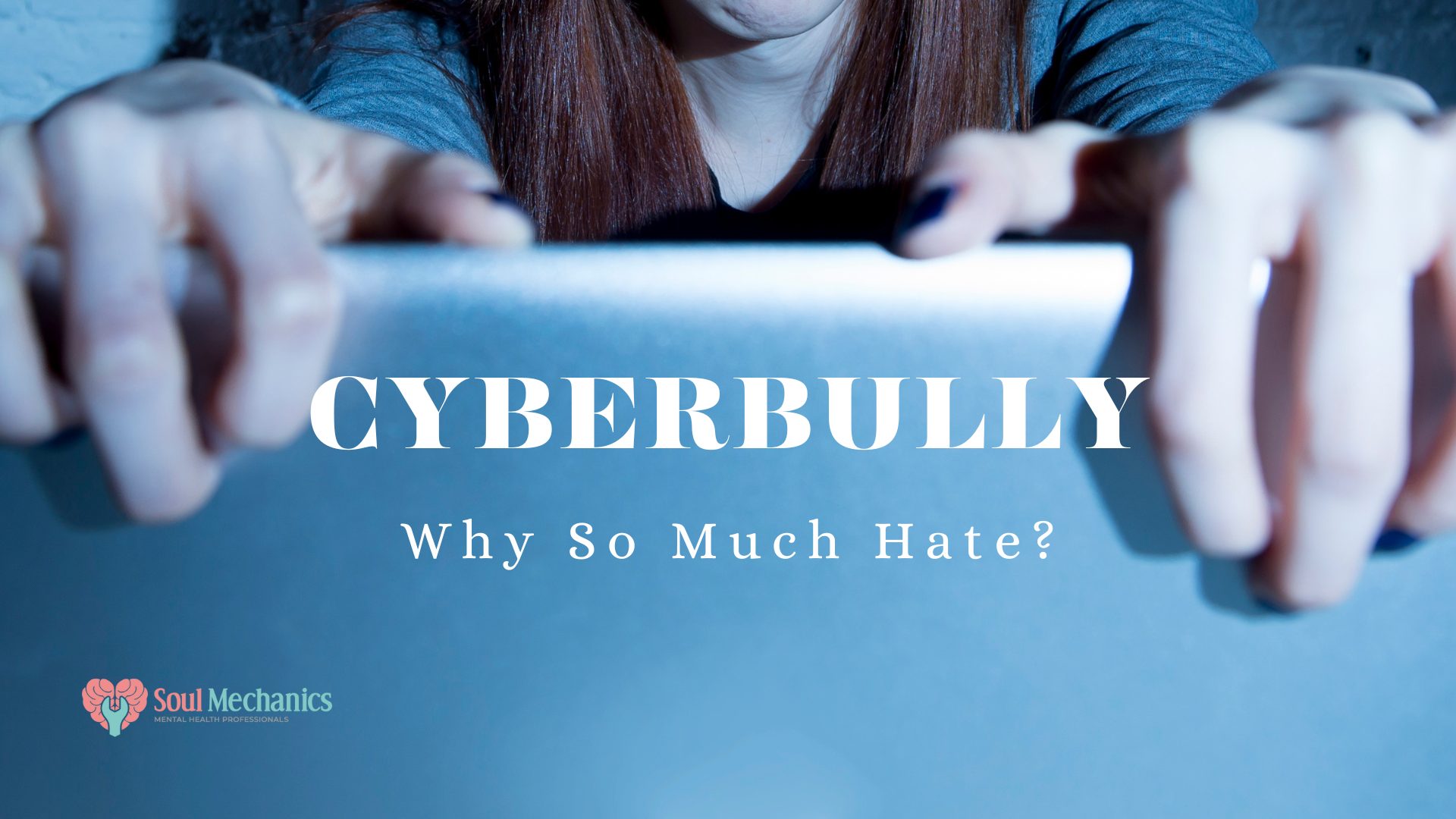Cyberbullying: Why So Much Hate?
Cyberbullying: Why So Much Hate?
Written By: ROSE MARDIAH MAZLAN (INTERN)

Verified By: Shaundtrya Ganasan, Licensed Counselor (KB11097)
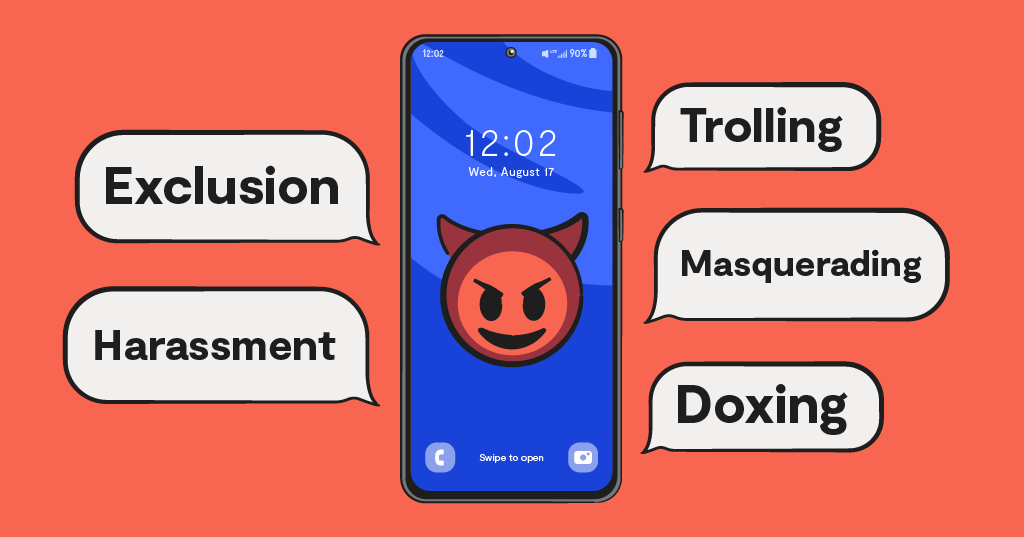
Cyberbullying may sound bizarre to certain people. When they hear ‘bully’ tend to pledge never to commit this act in the real world. For some, they see that bullying requires beating, abusive acts and hurtful words. What you might fail to see is that a simple act such as commenting on social media can be a form of bully as well. In this digital world, cyberbullying is almost as common as other forms of bully.
Reminder: If you or your loved ones are struggling with Cyberbullying issues, please don't hesitate to reach out to us at Soul Mechanics KD or Soul Mechanics Ipoh. Remember, seeking help is not a sign of weakness but strength!
The Ugly Side of Cyberworld
Cyberbullying has become more prominent and spread like cancer cells among many netizens. They feel entitled to punish someone by sending hate comments on social media platforms. It causes some to delete their personal accounts or close their comment sections due to hateful words. Some are even going through underlying mental health conditions that are invisible to us.
Have you ever wondered if one of your social media comments could trigger something deep in someone's mental health? It's often easier to type out a hateful or painful comment than to say it face-to-face. But what if it is the other way around? What if you're at the receiving end of this harassment? What if anonymous users bombard you with vengeful comments on your social media posts that mean no harm? That is when you start to feel the joy of sharing personal content with your followers to start slipping away.
Sometimes, you may stumble upon unpleasant comments on someone else's posts. Even if you disagree with their comments, sometimes this negativity tends to draw us to read more of the hateful comments. These comments can also subtly impact your mental state, leaving you to possibly feel angry, drained, restless or anxious. The complexity of condemning people through social media has shaken the rationality of online interactions.
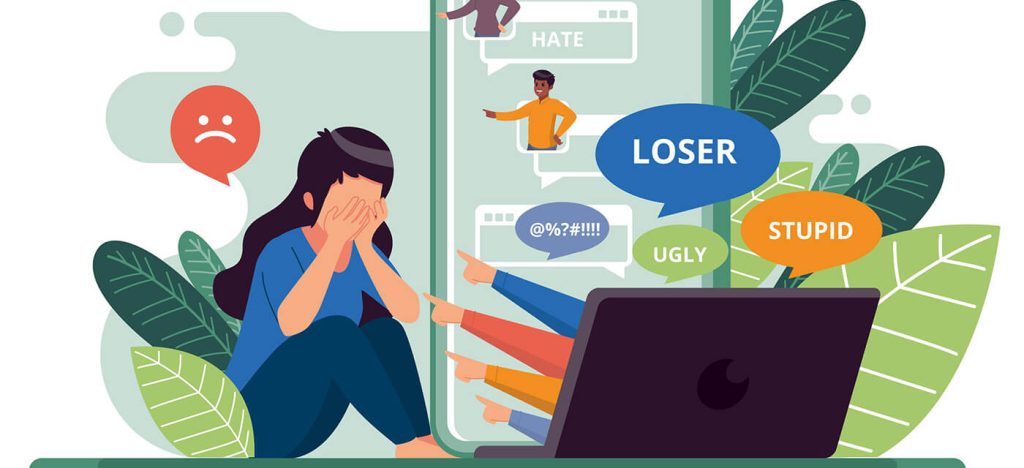
Cyberbullying, often fueled by unpleasant and hateful comments, affects many layers of society. The situation can be more toxic and unhealthy than you might think. It's not uncommon to hear about someone experiencing deteriorating mental health and well-being after being unnecessarily bullied online. In the worst cases, it can push some to the edge of giving up on their life. This is a serious issue that needs to be acknowledged at its roots. However, dealing with these events can be more challenging than it appears to be.
Uncovering the Unsatisfied Grudge
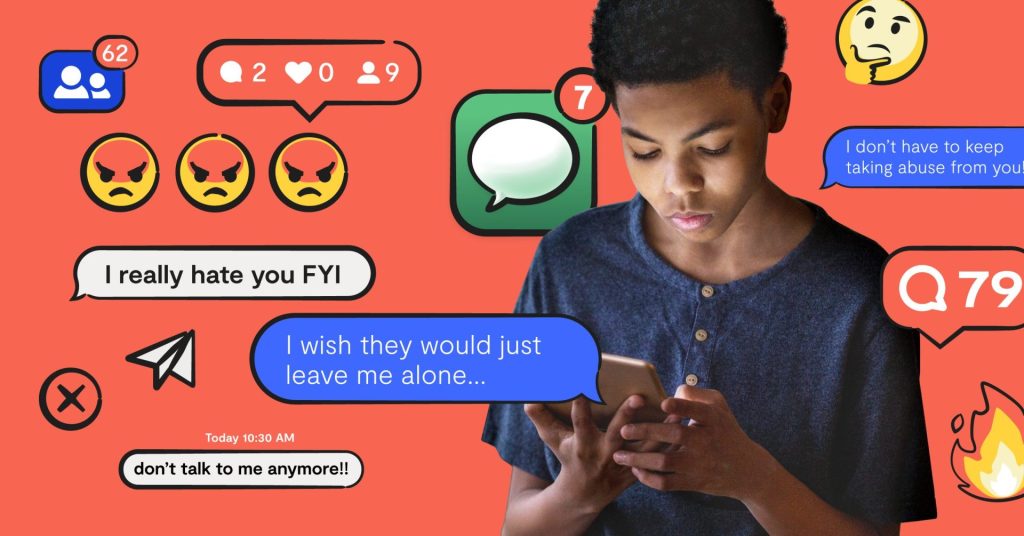
The digital world often lacks soul—it can't express emotions, offer comfort, or provide understanding. Yet, many users now have distorted its purpose. What was meant to be utilized to connect with people without limits has evolved into a chaotic, endless argument platform among many. Sharing memorable pictures has morphed into exchanging inappropriate images. These disheartening changes become increasingly unbearable as time passes.
Anonymity and the thrill
The internet allows us to hide behind digital masks, creating accounts with different user names and using any pictures (celebrities, pets, abstracts and so on). This anonymity makes it tough for others to track one's personal details.
This anonymity often leads cyberbullies to take things for granted. Hiding behind fake and anonymous accounts can make them feel braver, prompting them to lash out and express their thoughts that they might otherwise keep to themselves. This phenomenon, known as the disinhibition effect, makes one feel the freedom of less restriction in online platforms than in real life. The result of the comfort of being anonymous detaches one from reality, not being aware of the impact of their actions, allowing them to express opinions more freely without the fear of being monitored.
Unable to grasp social skills
Cyberbullies often lack essential social awareness. Someone with social awareness and intelligence understands others' feelings and emotions and shows respect to everyone. Unfortunately, obsession with the internet has made many turn heartless and incapable of showing empathy. This might explain the flood of insensitive hate comments online.
As a viewer, you can feel the hatred in their messages, leaving you to wonder how could someone comment or react in such a manner. How do cyberbullies come up with these so-called 'constructive' comments which are so 'destructive' in reality?
However, their perception is different. They can't grasp the situation or emotions as you do. To a cyberbully, those harsh comments are their mean of expressing or 'educating' others. Instead of being empathetic or respectful, all they do is hurt others with hurtful words.
Reminder: If you or your loved ones are struggling with Cyberbullying issues, please don't hesitate to reach out to us at Soul Mechanics KD or Soul Mechanics Ipoh. Remember, seeking help is not a sign of weakness but strength!
Infections in the Hate Circle
The term 'haters' exists for a reason. It wasn't meant to create a whole community of like-minded people, but similar mindsets naturally attract each other. Their behaviour amplifies when they find others who share similar perspectives. Cyberbullies often come in waves; you'll see people with similar opinions supporting hateful comments through replies and likes, which encourages even more hate spreading. It makes the cyberbullies believe they are right and be blind to the impact their causing. This chain of cyberbullying keeps spreading as these kinds of comments receive attention. Why? Because there are always individuals who agree with and perpetuate these negative comments.
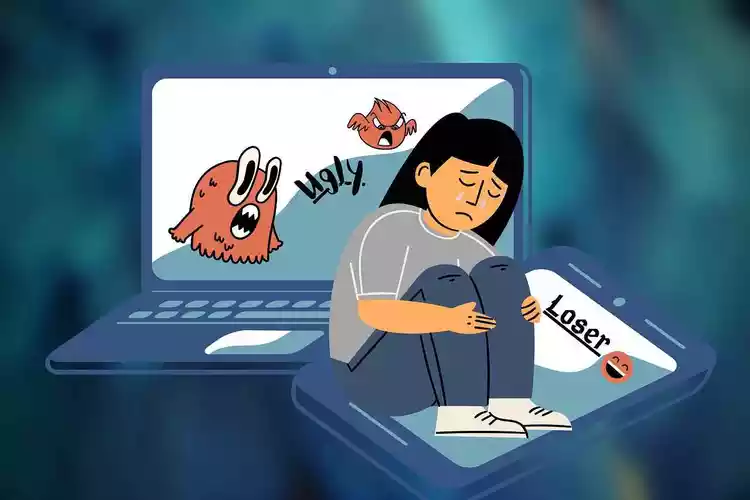
Emotional desensitization
Some people can be insensitive and can't feel others' emotions. This condition, known as emotional desensitization, affects many cyberbullies. They perceive emotions differently from others or are less sensitive to the issues at hand. As a result, they become dismissive of the issues and care less about the impact of their cyberbullying actions. They struggle to understand the severity of the harm they cause, often not considering the consequences of their behaviour.
Make Peace with Online Harassments
The impact of cyberbullying is vast and profound. Below are several ways to break free from its harmful cycle.
Strengthening your privacy barrier

Private information is the most vulnerable part of being digital. Cyberbullies can bully and humiliate you by breaching your personal data which puts your safety at risk when it is exposed to unknown individuals. Protecting your sensitive details is your crucial line of defence. Avoid sharing private information online like your home location, school name, and telephone number.
Be sure to make use of the privacy settings on your social media accounts. Control who can access and view your profile picture, send you direct messages and comment on your posts. If you notice malicious or inappropriate comments, remove or report them to prevent a further wave of hate. Block accounts that bring unwanted negativity and filter or make private who can see your personal posts.
Filtering harassment from your feed
You can also take necessary action against inappropriate and hate comments, whether on your own post or someone else's. Although you're not the direct target of cyberbullying, reporting these kinds of comments can help break the cycle of negativity and improve your and others' online experience.
Share your burden
Keeping everything bottled up can also harm and deteriorate your mental well-being. Don't face this phase of cyberbullying alone. Reach out to trusted loved ones who can understand for support. It might be challenging to open up at first, but once they're aware of what you're going through, they'll be there to listen and offer helping hands. The goal is to ease this invisible struggle you're carrying.
Reach out to professionals
If cyberbullying is affecting your day-to-day life, making you feel overwhelmed and struggling to cope with its effect, consider seeking assistance through therapy. Therapy can provide a safe space to process it and develop more personalized strategies to navigate and overcome these challenges. Seeking assistance can lead you toward a healthier mental health state in your digital journey.
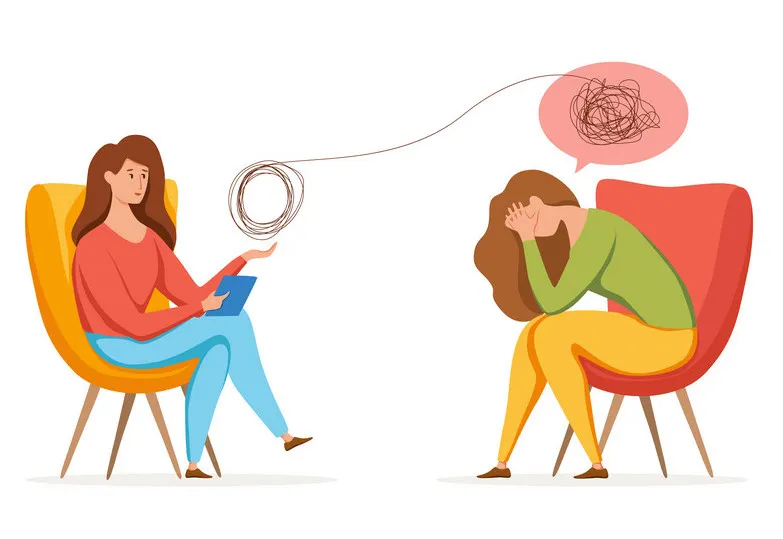
Conclusion
In short, cyberbullying is spreading like a fire in the digital world; causing many to feel the flame of it. We should start addressing cyberbullying as a significant social issue in the digital world. Though it may be invisible and not a huge deal, its impact on one is real and can be detrimental. It's crucial to take steps and security to regain control of your social media experience. You deserve to browse online with a sense of safety and be able to enjoy your time on your digital platforms.
If you’re looking for a therapist in Kota Damansara or Ipoh area, you can click here for more information.
If you enjoyed reading this, why not broaden the horizon of knowledge by learning about "Burnout: Recognizing the Tell-tale Signs of Burnout"? You can read the blog here.
For more content related to mental health do follow us on our official Instagram.

